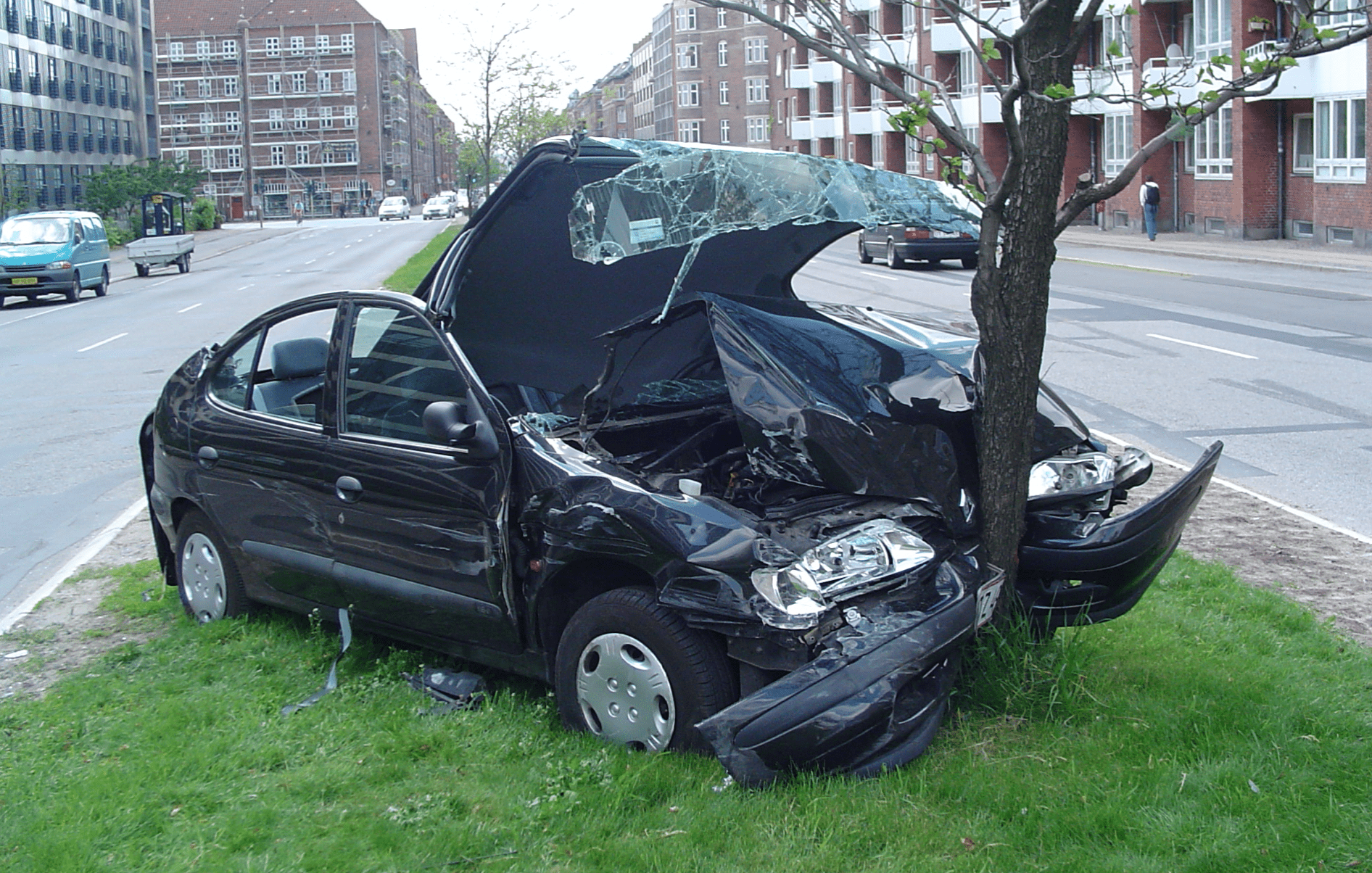Car accidents not only bring about harm to your physical body, but these situations also affect your mental and emotional well-being. You should look for a personal injury lawyer who can give you legal advice on what you can do to recover financially.
You can’t predict an accident. No matter how careful you might be on the road, you will inadvertently get into a situation when others aren’t as mindful as you. That’s why you should establish a relationship with a legal professional to help you during this type of crisis.
After you get into a car accident, the first thing you should think about is recovering from your wounds. However, you’ll also be bombarded with calls from the police, doctors, and insurance companies.
You should turn to personal injury lawyers because they can help you recover financially by fighting for your compensation against the party who’s responsible for the accident. They can explain your rights to you, provide advice, and represent you in court. Moreover, they can also help you complete a professional investigation.

Here are six tips to help you choose a car accident lawyer after a car crash:
1. Find Reliable Sources
Calling a lawyer is one of the first things you should do after a car accident. Source possible attorneys from people you trust like your family, friends, and even workmates. Their referrals are particularly valuable if they’ve gone through your current situation, and their lawyer helped them obtain the appropriate settlement successfully.
If you’re part of a religious community, you can also reach out to your leaders because they handle a lot of people who share personal information with them. They may be able to recommend legal professionals who can help you.
2. Check their Claims
Google and Facebook are also ideal sources when looking for attorneys. Just search for personal injury lawyers and create a list of the ones who appeal to you.
They should have credible-looking websites that appear to be done by professional web developers. Investing in the layout and interface of their site implies that they’re serious about reaching out to clients and providing them with the best customer experience.
Moreover, their websites should contain their credentials and experiences that show their expertise in this area. Fortunately, you can fact-check their claims online nowadays with ease.
Conduct a quick investigation on potential lawyers through:
- Consulting Directories – There are many valuable resources you can refer to when checking an attorney’s claims. These directories typically include information on lawyers, as well as profile data on leading legal professionals and firms in different countries.
- Asking their Peers – If you have a friend who’s a lawyer, you can ask them what they think of a fellow attorney. They may have some insider knowledge on that practitioner that you won’t find online, such as their demeanor, habits, ethics, competency level, and reputation.
- Contacting Your Local Government – You can also conduct a background check through your local legal disciplinary agency. This way, you can verify if your potential lawyer has a good standing as a bar member.
3. Ask About their Experience and Expertise
You should request an in-person meeting with prospective lawyers. It makes getting information on their experience and expertise more straightforward for you.
Some questions you should ask include:
- What experience do you have with car accidents?
- How long have you been in practice as a personal injury lawyer?
- How many similar cases have you won in the past?
- Can I contact your previous clients?
If you’re communicating with a representative of a firm, you should ask:
- What percentage of your caseload do you dedicate to handling this type of legal problem?
- Who would be working on my case? May I speak to them?
- Do you outsource legal tasks? If so, what are they?
- What tools do you use to send me updates on my case?
Lastly, after meeting with potential lawyers, you should ask yourself whether their experience and background suit your needs. Moreover, their presence should also make you feel comfortable and at ease because you’ll be sharing sensitive information about the accident.
4. Know the Fees before Signing
Before committing to working with a particular lawyer, you must also determine how much and how often you’ll be billed. Most attorneys charge hourly rates, where you have to pay them for the time they spent on your case from beginning to end.
Other types of compensation plans are:
- Contingency Fees – With this arrangement, the lawyer won’t get paid unless the client receives their due compensation. The setup ensures that the attorney will work hard to ensure your victory. However, not all cases can be charged with contingency fees.
- Flat Rates – You have to pay the firm or legal professional every time they do a task on your behalf, from filing your case to photocopying documents, and representing you in court.
- Fixed Packages – Some lawyers provide fixed packages where they lump together all the necessary documents and processes involved in your case and provide a price for their services. You may still pay additional fees depending on what happens with your case along the way.
- Success Bonuses – This setup encompasses milestones that the lawyers have to achieve. You have to read the terms carefully and ensure that there is mutual trust between you and the firm.
5. Talk to Previous Clients
Obtain the contact information of previous clients and send them a message first if you can talk to them. Ask their permission if they’re willing to share their experience with a firm and lawyer. With this, you’ll get an accurate glimpse of how the attorney works and how well they treat the ones they’re representing.
6. Look for Someone With Whom You are Comfortable
Experience and expertise are essential, but your comfort is also a vital factor in finding an excellent car accident lawyer. If you’re having second thoughts or feel as if an attorney isn’t straightforward with you, it’s better if you look for someone else than end up regretting your decision to work with them because you didn’t follow your intuition.
Conclusion
Car accidents not only bring about harm to your physical body, but these situations also affect your mental and emotional well-being. You should look for a personal injury lawyer who can give you legal advice on what you can do to recover financially.
Ask reliable sources like your family and friends for referrals. You should also check their websites online to view their experiences and credentials. Moreover, conduct a background check and investigate their claims.
Interview them in-person as well to see if you can share sensitive information with them comfortably. Plus, talk to previous clients to get an accurate feel of how they work and how well they can help your case succeed.


Join the conversation!